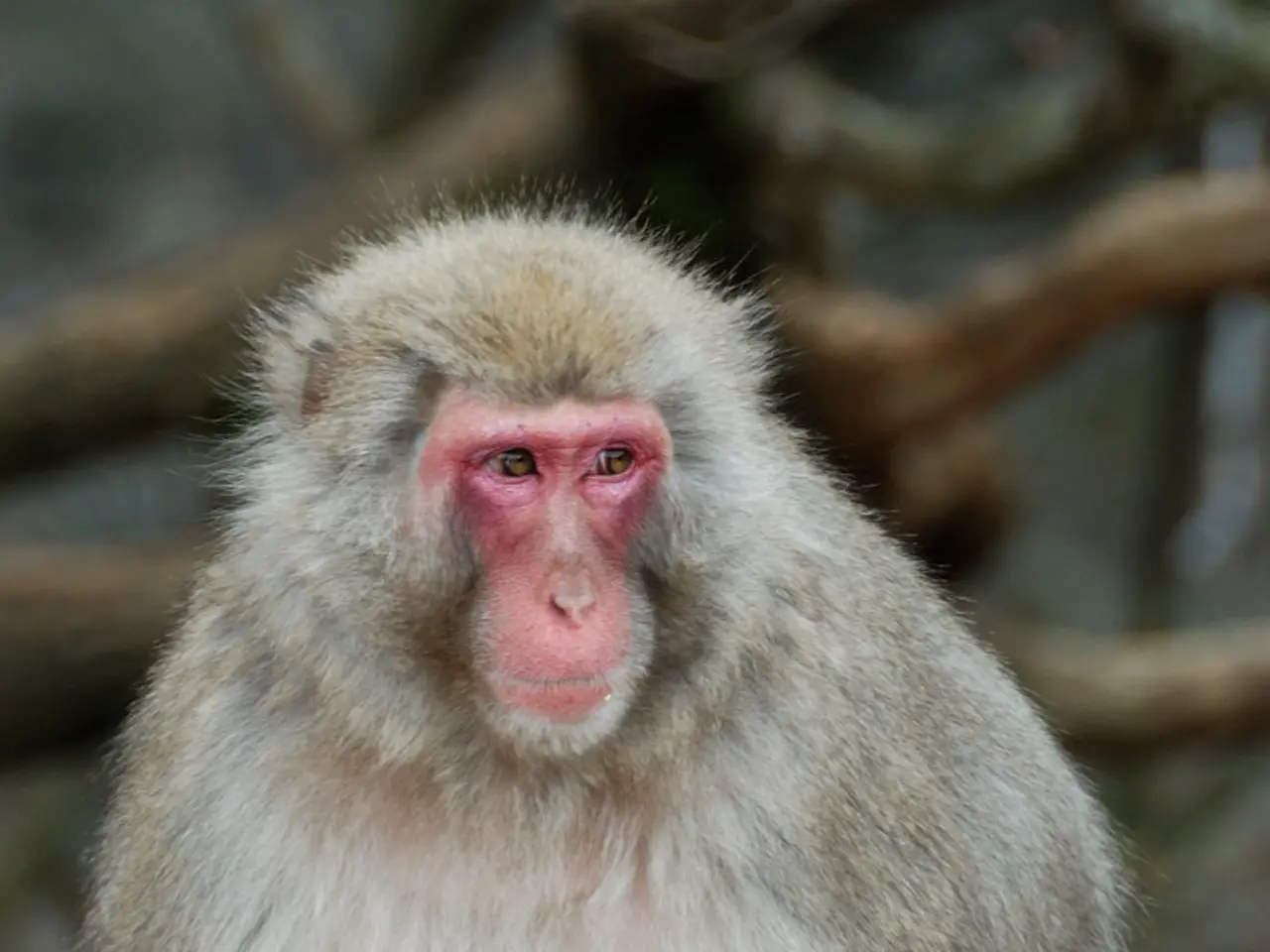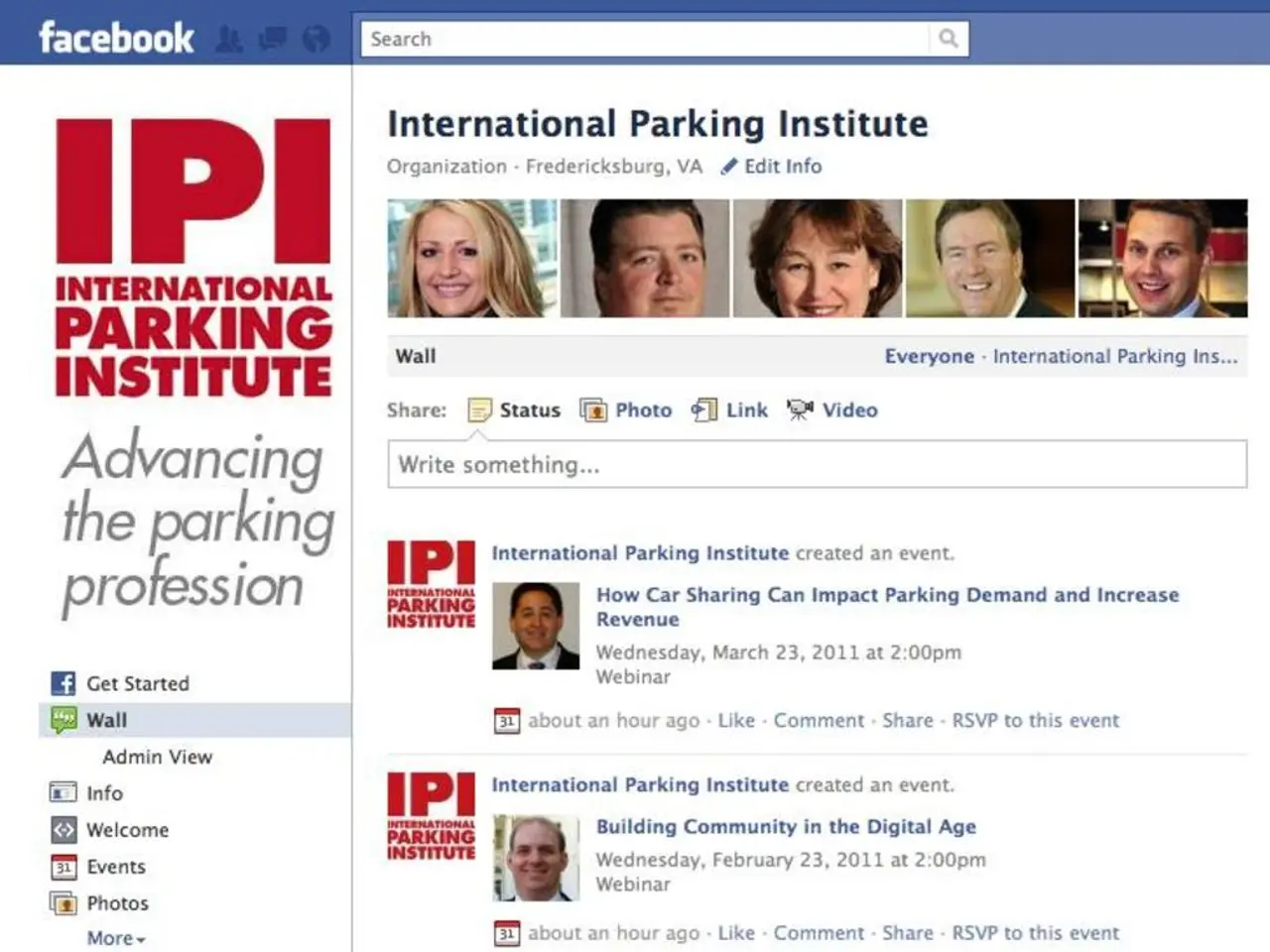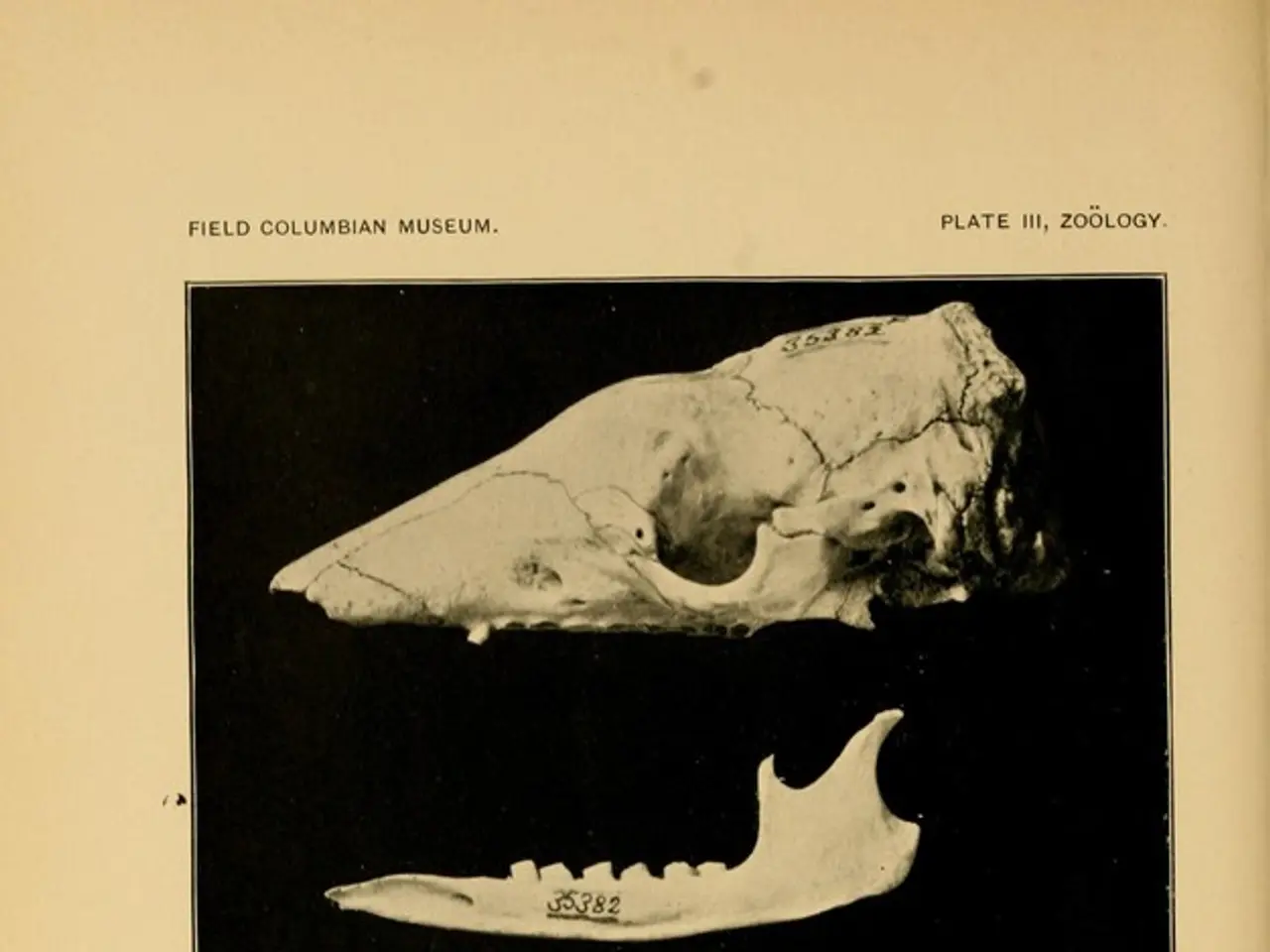Social Gathering Point in the Brain Alleviates Perplexity, Instead of Being Influenced by Individuals Solely
In a groundbreaking study published in the Journal of Neuroscience, researchers have shed new light on the role of uncertainty in the dorsal medial prefrontal cortex (DMPFC) activation, challenging traditional views that the DMPFC is exclusively involved in social cognition.
## The Impact of Uncertainty on DMPFC Activation
The study, conducted by Adrianna (Anna) Jenkins, an associate professor of psychology at the University of Pennsylvania, and her team, used functional magnetic resonance imaging (fMRI) to examine the brain activity of 46 participants. The research revealed that the DMPFC is activated when individuals encounter uncertainty, regardless of whether the context is social, nonsocial, or object-related.
To verify this, the researchers varied the level of uncertainty in each of the three conditions: human minds, human bodies, and physical objects. The findings showed that higher uncertainty was associated with greater DMPFC engagement across conditions, and when controlling for uncertainty, DMPFC engagement did not differentiate mental from non-mental inferences.
## Understanding Atypical Social Behaviors in Autism
The study's findings have significant implications for understanding atypical social behaviors in conditions like autism. The research suggests that atypical social cognition in autism may stem from differences in handling uncertainty rather than a specific deficit in social understanding. This perspective could help explain why individuals with autism might exhibit challenges in social interactions—due to difficulties in navigating uncertain social situations.
If uncertainty is a key factor influencing DMPFC activation, strategies to manage and reduce uncertainty might be beneficial for individuals with autism. This could involve developing tools or techniques that help individuals better predict and prepare for social outcomes, thereby reducing the impact of uncertainty on social interactions.
## Future Research Directions
The study's findings open up exciting avenues for future research. Researchers are now investigating how different people process uncertainty, identifying prevalent types of uncertainty in people's lives, and distinguishing strategies for reducing uncertainty in social and nonsocial contexts.
Dilara Berkay, a postdoctoral fellow in the Jenkins Lab at Penn Arts & Sciences, is leading the charge in this new direction of research. The potential for new traction on understanding autism and other social conditions by reconceptualizing aspects of atypical social cognition as atypical uncertainty cognition is a promising development in the field.
[1] Berkay, D., & Jenkins, A. (2021). Uncertainty in the mentalizing network: A role for the dorsal medial prefrontal cortex in social cognition. Journal of Neuroscience, 41(22), 6268-6280.
[2] Berkay, D., & Jenkins, A. (2022). The role of uncertainty in dorsal medial prefrontal cortex activation during mentalizing about people, bodies, and objects. Social Cognitive and Affective Neuroscience, 17(3), 357-366.
- This neuroscience news has emphasized the role of uncertainty in the dorsal medial prefrontal cortex (DMPFC) activation, challenging perspectives that the DMPFC is solely associated with social cognition.
- The study, published in the Journal of Neuroscience, indicates that the DMPFC is activated when individuals face uncertainty, whether in social, nonsocial, or object-related contexts.
- The implication of this research for mental health and wellness, especially in conditions like autism, is that atypical social behaviors might stem from differences in handling uncertainty, rather than specific deficits in social understanding.
- In light of this, developing therapies and treatments that help manage and reduce uncertainty could be beneficial for individuals with autism, enabling them to navigate uncertain social situations more effectively.
- Future research in neuroscience, health-and-wellness, and mental-health fields is focused on how people process uncertainty, identifying prevalent types of uncertainty, and distinguishing strategies for reducing uncertainty in social and nonsocial contexts.
- Dilara Berkay, a postdoctoral fellow in the Jenkins Lab at Penn Arts & Sciences, is spearheading this new direction of research, exploring the potential of reconceptualizing atypical social cognition as atypical uncertainty cognition.




